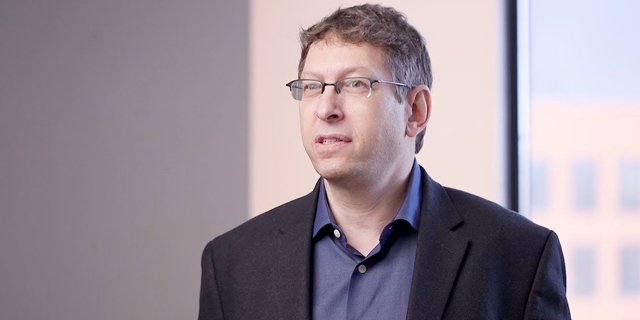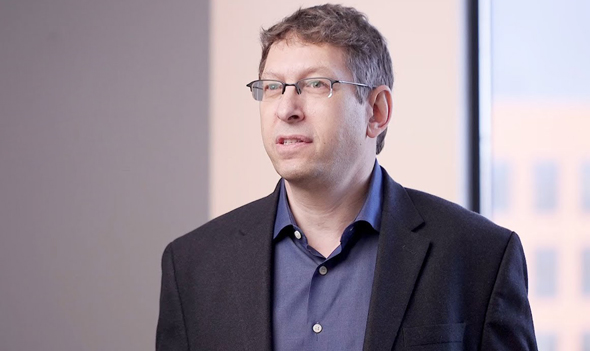
Interview
Moderna’s resigning CMO says he achieved what he cared about
Tal Zaks: I never imagined that I’d develop a vaccine for the worst pandemic of our times
Sophie Shulman | 19:49, 25.02.21
Moderna’s Israeli-born Chief Medical Officer Dr. Tal Zaks announced on Thursday that will be leaving the American drug and vaccine manufacturer
in seven months. In an exclusive interview, he describes the company’s early days and the changes it has undergone since the start of the crisis, up until his decision to resign.
“When I decided to be an oncologist I never imagined that I’d be responsible for the development of a vaccine for the worst pandemic of our times, nor what the price of Moderna’s stock would be. When I arrived at the company six years ago it didn’t even have a single product in the clinical trial stages,” Zaks told Calcalist immediately following his resignation announcement.
The company on Thursday showcased
one of the biggest upsets in the history of Biomed companies, going from zero revenue from products in 2019 to an earnings forecast of $18 billion dollars from the sale of Covid-19 vaccines, in 2021.
“I did what I wanted to do and it is now time for me to move on to the next thing. I derive enjoyment from innovation, I am an R&D guy and what interested me about Moderna from the start, was the ability to show that RNA technology works. Becoming wealthy is a bonus,” Zaks said.
Zaks, who started out at the company before it was publicly traded, is leaving it with roughly $50 million in his pocket, gaining most of it from a series of stock options he exercised over the past year. Moderna’s stock price multiplied eightfold since the Covid-19 outbreak and the company’s announcement shortly afterward that its mRNA technology would be capable of developing a rapid vaccine.
Yesterday, following Moderna’s optimistic forecasts, released as part of its annual financial reports, its stock price climbed by 10% hitting a valuation of $62 billion. Zaks, along with other senior executives, exercised the options they received over years of developing the technology, at one stage cashing in on a million dollars every week.
